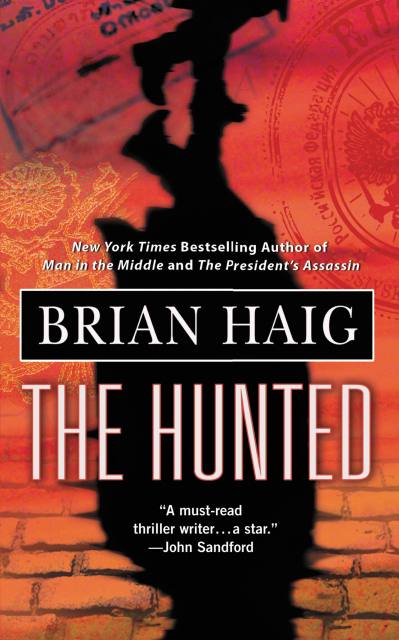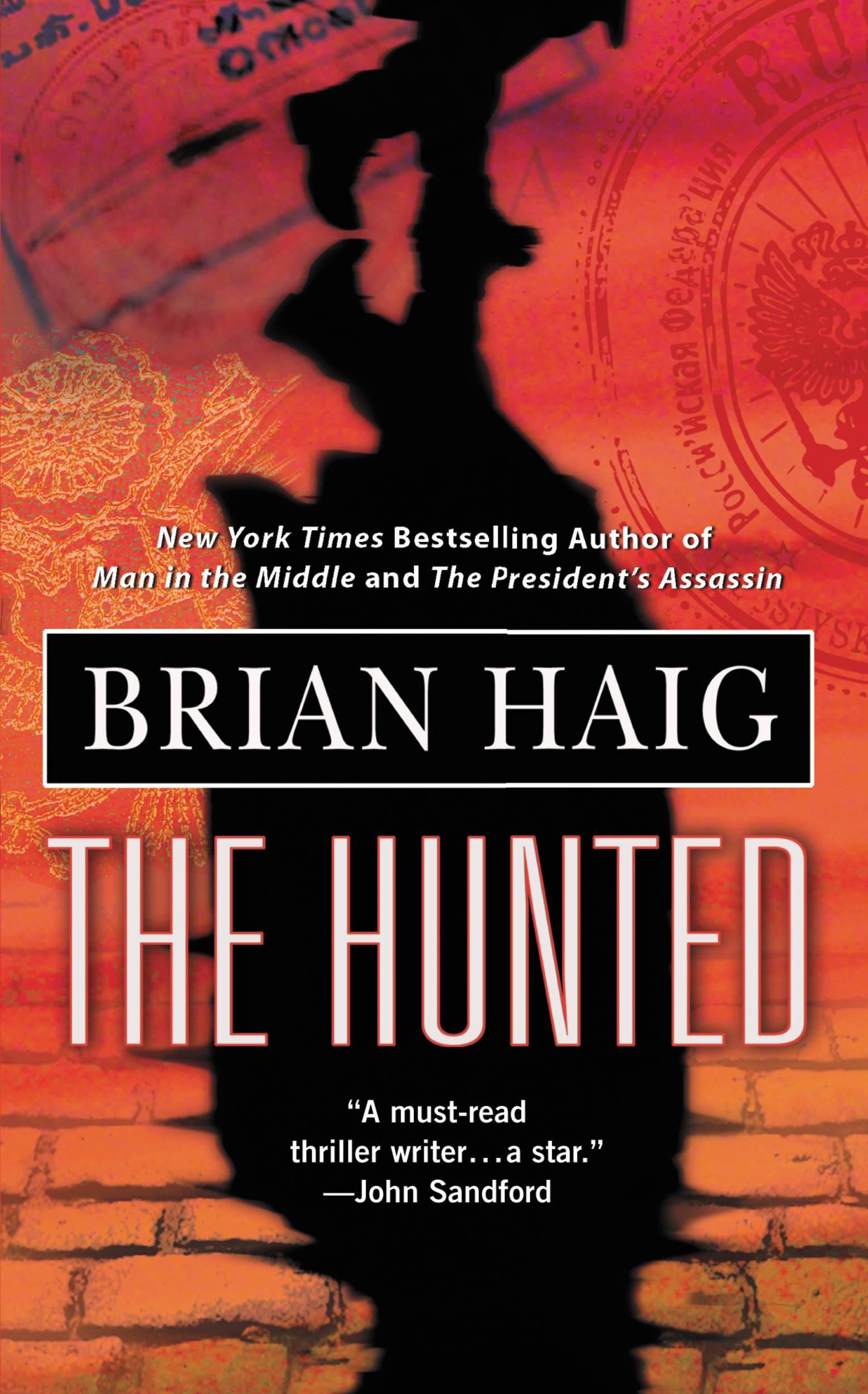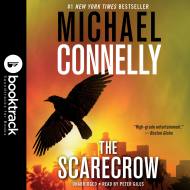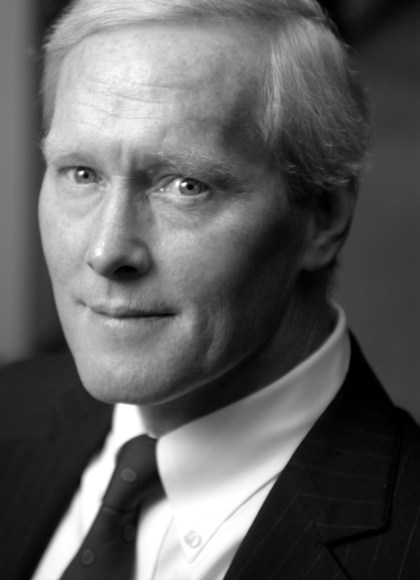Promotion
Use MOM24 for 20% off site wide + free shipping over $45
The Hunted
Contributors
By Brian Haig
Formats and Prices
Price
$6.99Price
$8.99 CADFormat
Format:
ebook $6.99 $8.99 CADThis item is a preorder. Your payment method will be charged immediately, and the product is expected to ship on or around August 12, 2009. This date is subject to change due to shipping delays beyond our control.
Also available from:
In 1987, Alex Konevitch was thrown out of Moscow University for “indulging his entrepreneurial spirit.” But by 1991, he was worth $300 million. On track to become Russia’s wealthiest man, he makes one critical mistake: he hires the former deputy director of the KGB to handle his corporate security. And then his world begins to fall apart. Kidnapped, beaten, and forced to relinquish his business and his fortune, Alex and his wife escape to the United States, only to be accused by his own government of stealing millions from his business. With a mob contract out on his life and the FBI hot on his trail, Alex is a desperate man without a country-facing the ultimate sacrifice for the chance to build a new life for himself and his family.
Genre:
- On Sale
- Aug 12, 2009
- Page Count
- 464 pages
- Publisher
- Grand Central Publishing
- ISBN-13
- 9780446550833
By clicking 'Sign Up,' I acknowledge that I have read and agree to Hachette Book Group’s Privacy Policy and Terms of Use







